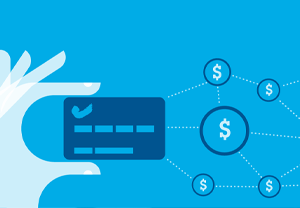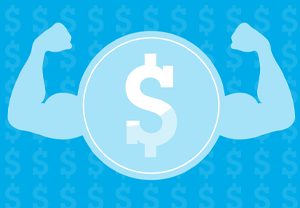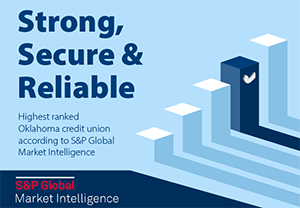You’ve heard about the danger of identity theft and the importance of protecting your social security number, banking information and other personal information.
But you may not be aware of how easy it is for thieves to obtain this information.
According to the Federal Trade Commission (FTC), identity theft was the top consumer complaint in 2014, making it the top complaint for the fifteenth straight year. With new digital technologies arriving every day, it’s important to take extra steps to ensure your information is secure.
Here are five things you should know about protecting your identity:
1. Use strong passwords
According to SplashData’s annual list of most popular passwords, “123456” is used most often. Other common passwords include “password,” “12345” and “baseball.” Be aware that someone who is trying to steal your information is going to first try to hack your accounts using passwords from this list.
To create a stronger password, try using a combination of letters – both uppercase and lowercase – numbers and special characters (!, $,@).
2. Be aware of phishing emails
Contrary to popular belief, a rich Nigerian prince does not want to transfer a million dollars into your bank account. Be wary of any email that requests personal information from you. Emails such as these are called “phishing emails” and are used to steal money and your identity from you.
3. Shred Mail
Thieves can discover a lot of information about you and your family just by digging through your trash. Make sure you shred anything that has personal information on it. This includes credit card applications and statements, medical records, bank statements, etc.
Even the slightest amount of information, such as your address and birth date, can lead to your identity being stolen. Communication Federal Credit Union hosts shred days throughout the year. Check comfedcu.org regularly to find the next shred day.
4. Protect your computer
An antivirus program such as Avast, Vipre, or AVG does more than just protect your computer from viruses, it also protects your identity from thieves. Spyware and Malware can be used to steal credit card information, social security numbers and passwords.
Many antivirus programs include anti-malware and anti-spyware protection. If your antivirus program doesn’t, you can install separate programs that will protect you.
5. Check your credit score
The sooner you can confirm that someone has stolen your identity, the sooner you can resolve the problem. That’s why it’s vital to check your credit report at least once a year to make sure there isn’t anything suspicious on the report. You can access your free report by
visiting www.myfreecreditscore.com.
If you see anything that looks suspicious, report it to the creditor immediately.
Conclusion:
As identity theft continues to grow, it’s important to be extra careful with your personal information. If you feel you have been a victim of identity theft, visit www.idtheft.gov or call 1- 877-IDTHEFT.
What ways do you protect yourself from identity theft? Let us know in the comments below.



